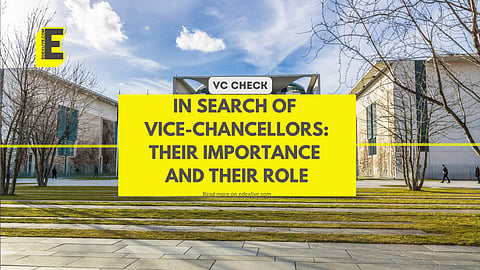

The Ministry of Education has recently taken steps to address the issue of universities without a vice-chancellor. In 2022, the ministry issued a circular that instructed all universities to expedite the selection process for a new vice-chancellor. The ministry also warned that universities that fail to appoint a vice-chancellor within a reasonable timeframe may face sanctions.
Cons of not having a vice-chancellor:
Lack of leadership: Without a single, clear leader, it can be difficult to make decisions, implement policies, and manage the university effectively.
Uncertainty and instability: The lack of a vice-chancellor can lead to uncertainty and instability for students, staff, and stakeholders.
Reduced accountability: Without a vice-chancellor, there may be less accountability for the university's performance.
Difficulty attracting top talent: Universities with no vice-chancellor may have difficulty attracting top talent, both from within academia and from the corporate world.
Overall, the pros and cons of not having a vice-chancellor need to be carefully weighed. In some cases, the benefits of greater democracy, less bureaucracy, and greater flexibility may outweigh the drawbacks of lack of leadership, uncertainty, and reduced accountability. However, in other cases, the drawbacks may outweigh the benefits.
